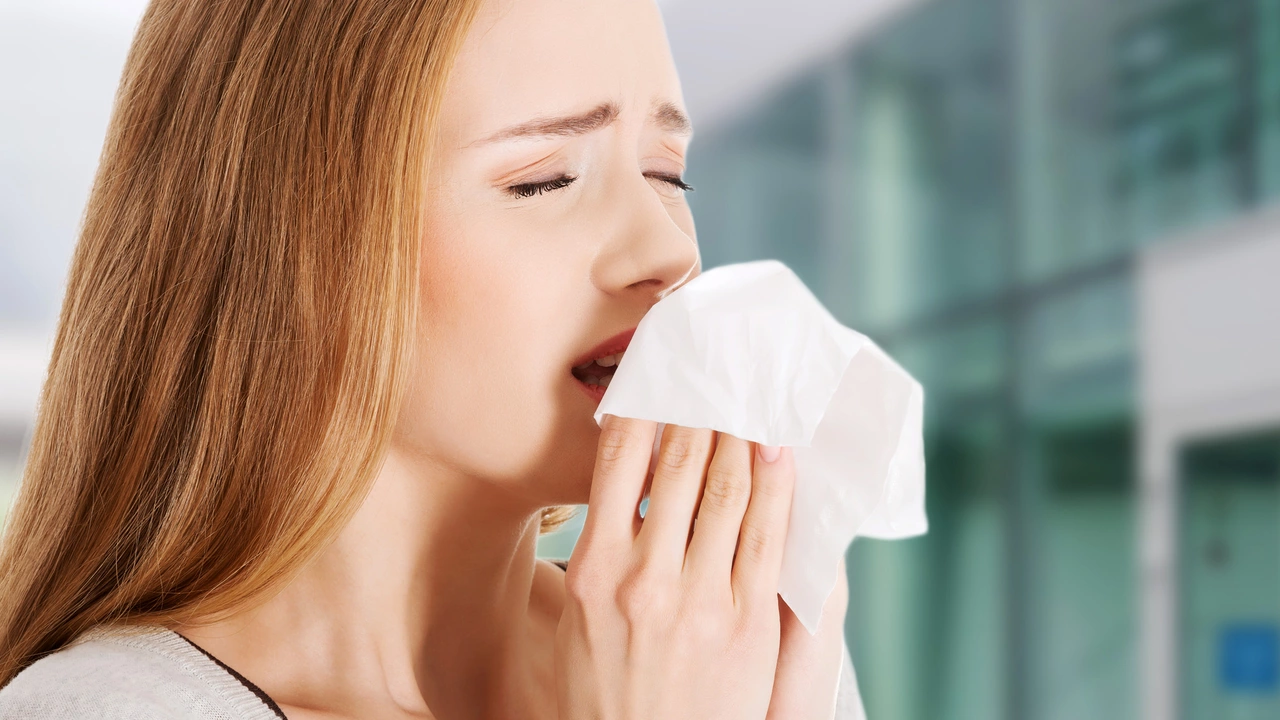Sneezing: Why it happens and what actually helps
Sneezing is your nose’s way of ejecting irritants. Most of the time it’s harmless — a tickle from pollen, dust, pet hair, or a cold virus. But if sneezing keeps you from sleeping, causes headaches, or comes with breathing trouble, you should pay attention.
Common causes you should know
Allergies: Pollen, dust mites, mold, and pets are the top offenders. Allergic sneezing is often paired with itchy eyes, a runny nose, and clear mucus. Viral infections: The common cold and flu trigger sneezing early on, then move toward congestion, sore throat, or cough. Irritants: Smoke, strong smells, pollution, or cold air can make anyone sneeze. Photic sneeze reflex: Bright light makes some people sneeze — it’s odd, but normal.
Less common causes include nasal polyps, a deviated septum, or reactions to certain medications. If sneezing starts suddenly after a new drug, check the label and talk to a pharmacist or doctor.
How to stop a sneezing episode (fast and safe)
Short-term tricks: Blow your nose to remove irritants, rinse with a saline spray, or step into fresh air. A warm shower or steam can loosen mucus and calm the nose. Try a cool compress over your nose and forehead if your face feels puffy.
Over-the-counter options: Antihistamines like loratadine or cetirizine help allergic sneezing and don’t usually make you drowsy. For heavy nasal congestion, a short course of a decongestant (oral or spray) can help — but don’t use nasal sprays for more than 3 days in a row without medical advice. Nasal steroid sprays (fluticasone, budesonide) reduce inflammation and work well for ongoing allergy symptoms; they may take a few days to reach full effect.
Natural supports: Reduce exposure to triggers — keep windows closed on high-pollen days, use a HEPA filter, wash bedding weekly in hot water, and shower after being outdoors. For pet allergies, keep pets out of the bedroom and vacuum often.
Safety note: If you’re pregnant, breastfeeding, or taking other medicines, check with a pharmacist before starting any drug. Buying meds online? Use trusted pharmacies and verify credentials — Safe-Pills.com has tips on safe online purchases.
When to see a doctor: Seek care if sneezing comes with high fever, severe facial pain, blood in mucus, wheezing, or breathing difficulty. Also see a doctor if it’s nonstop for weeks, affects daily life, or if over-the-counter treatments don’t help.
Sneezing is usually a quick, annoying habit, not a crisis. With simple avoidance steps, saline care, and the right over-the-counter medicine, you can control most sneezing without a clinic visit. If in doubt, ask a pharmacist or your healthcare provider — they can point you to the safest, most effective option for your situation.

Sneezing and mental health: can sneezing affect your mood?
Alright folks, here's a quirky topic for you - can your sneezes really impact your mood? As wild as it sounds, there's actually some science behind this! Our brain releases feel-good chemicals called endorphins when we sneeze, causing a brief, albeit real, mood boost. It's like a mini mental health pick-me-up delivered by your own body, who knew? So next time you feel a sneeze coming on, embrace it and let the good vibes flow!
View More